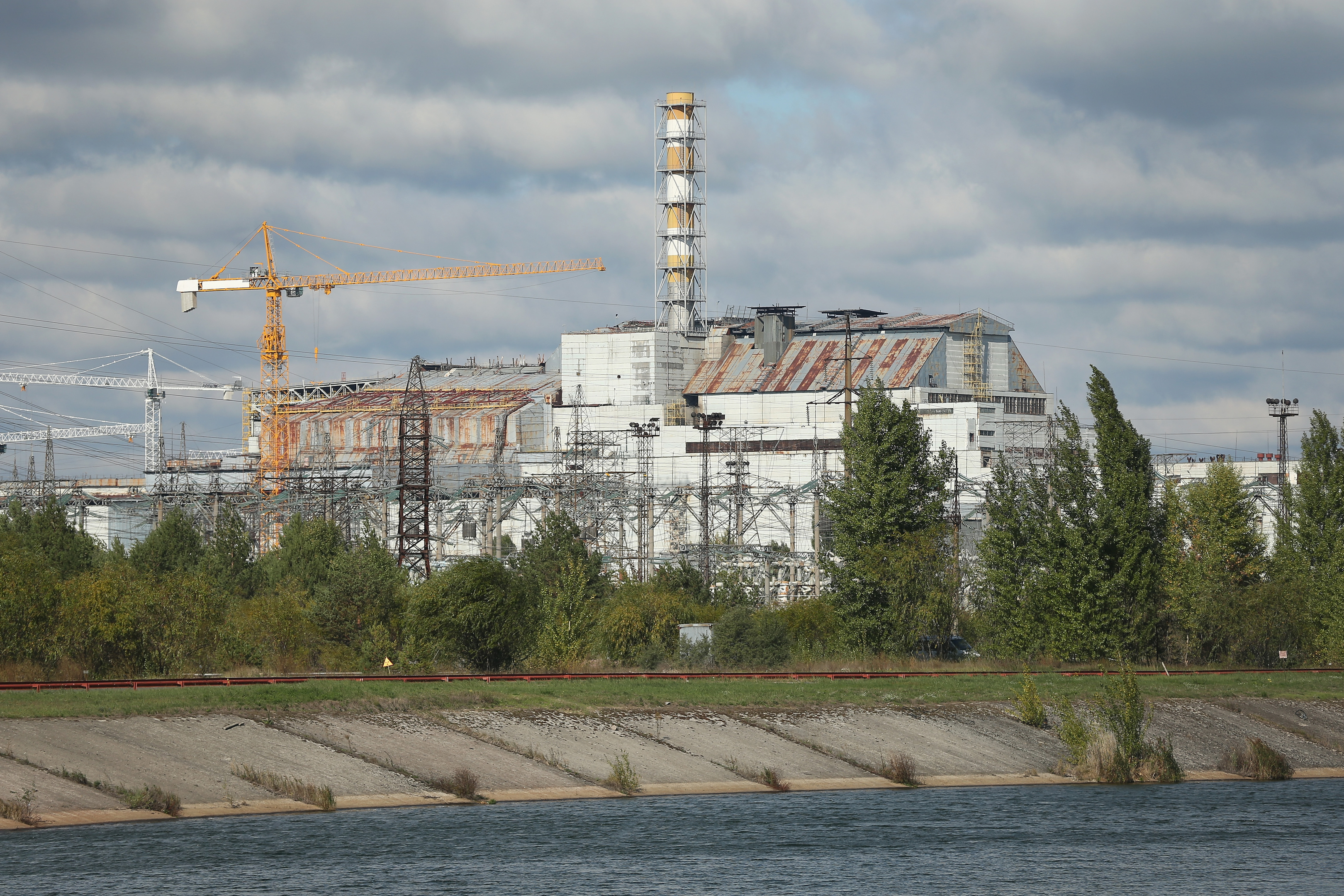
WHITEHALL was plunged into chaos by the Chernobyl disaster as the radioactive fall-out started arriving in the UK during a bank holiday weekend, according to newly released official files.
The catastrophic explosion at the Soviet nuclear reactor on April 26 1986 was the world’s worst nuclear accident – releasing radioactive plumes high into the atmosphere.
However it was another week before the first signs of increased radioactivity levels were detected in the UK – just as officials were packing up for the long May bank holiday weekend.
With prime minister Margaret Thatcher out of the country on an official visit to Japan, government files released by the National Archives at Kew suggest the immediate response was little short of shambolic.
Phone lines were overwhelmed, advice issued to calm public fears only inflamed them, while officials were dismayed to discover they did not have a contingency plan for dealing with an incident involving an overseas nuclear facility.
In one moment of pure “farce”, environment minister William Waldegrave mistakenly gave out the telephone number for the Department of the Environment (DoE) drivers’ pool instead of Whitehall’s technical information centre during a radio interview.
Mrs Thatcher complained that the government had given the “appearance of disarray” in her absence, while a scathing post-mortem by the No 10 policy unit concluded that it was only after the bank holiday was over that Whitehall finally gained control.
In his report to the prime minister, John Wybrew, of the policy unit, wrote: “Over the bank holiday weekend, when the fall-out first occurred, you, (foreign secretary) Geoffrey Howe and (No 10 press secretary) Bernard Ingham were away in Tokyo. Whitehall lacked a firm lead.
“Anxious telephone callers inundated Maff (the Ministry of Agriculture, Food and Fisheries) and seriously hampered communications. Not until after the weekend did DoE and environment ministers firmly take charge of the government’s response.
“Before that, the ill-co-ordinated nature of the information and advice aroused rather than calmed public anxiety.”
Environment secretary Kenneth Baker sought to assure the public the risks were “insignificant”, only for John Dunster, the head of the National Radiological Protection Board, to say the death toll in the UK would run to “tens of people”.
“Both conclusions derived from the the same assumption and analysis. Mr Dunster was quantifying what he regarded as an insignificant risk,” Mr Wybrew noted.
“The next day he had to explain that tens of deaths would arise from cancer over the next 30 to 40 years, during which time millions would die from cancer wholly unconnected with the Chernobyl incident.”

Enjoy the convenience of having The Sunday Post delivered as a digital ePaper straight to your smartphone, tablet or computer.
Subscribe for only £5.49 a month and enjoy all the benefits of the printed paper as a digital replica.
Subscribe